Display videos
Yes, I'd like to see videos dispalyed.
Tita and his family landed at Düsseldorf airport in September 1987 on the day of the derby against FC Köln – and he played for 30 minutes that evening at the Müngersdorfer Stadium. But he only got off the mark three months later. He scored a hat-trick at Waldhof Mannheim on 28 November 1987 and a week later he scored the opening goal against FC Homburg from a free kick and he provided the assist for the second goal by Falko Götz from a corner. As his late move to Germany meant he could only play in Europe from 1988, he was happy about the club going through in the UEFA Cup Round of 16 against Feyenoord in December and he was eagerly looking forward to – as were the whole team – the clash with the great FC Barcelona. Tita scored the winner in the 1-0 victory at the Camp Nou.
And the Brazilian got the ball rolling with a cheeky opener in the final against Espanyol. At the end of the day he played a significant role in winning the UEFA Cup, the biggest title to date in the history of Bayer 04, not just with his goal but also with his psychological tricks. He inspired his teammates thanks to his great determination and solid belief in victory. In the pre-season ahead of the 1988/89 campaign under new coach Rinus Michels, he saw his hopes dashed. After a season with 26 games and 12 goals he opted to move to Italy.
However, in spite of his nine goals in the campaign, he was relegated from Serie A with Pescara Calcio in 1992, Tita became a champion of Mexico with Club Leon and he ended his playing career in 1998 by winning the Guatemalan league title with CSD Communicaciones. He played for Brazil 31 times scoring six goals and he won the Copa America with the Selecao in 1989.
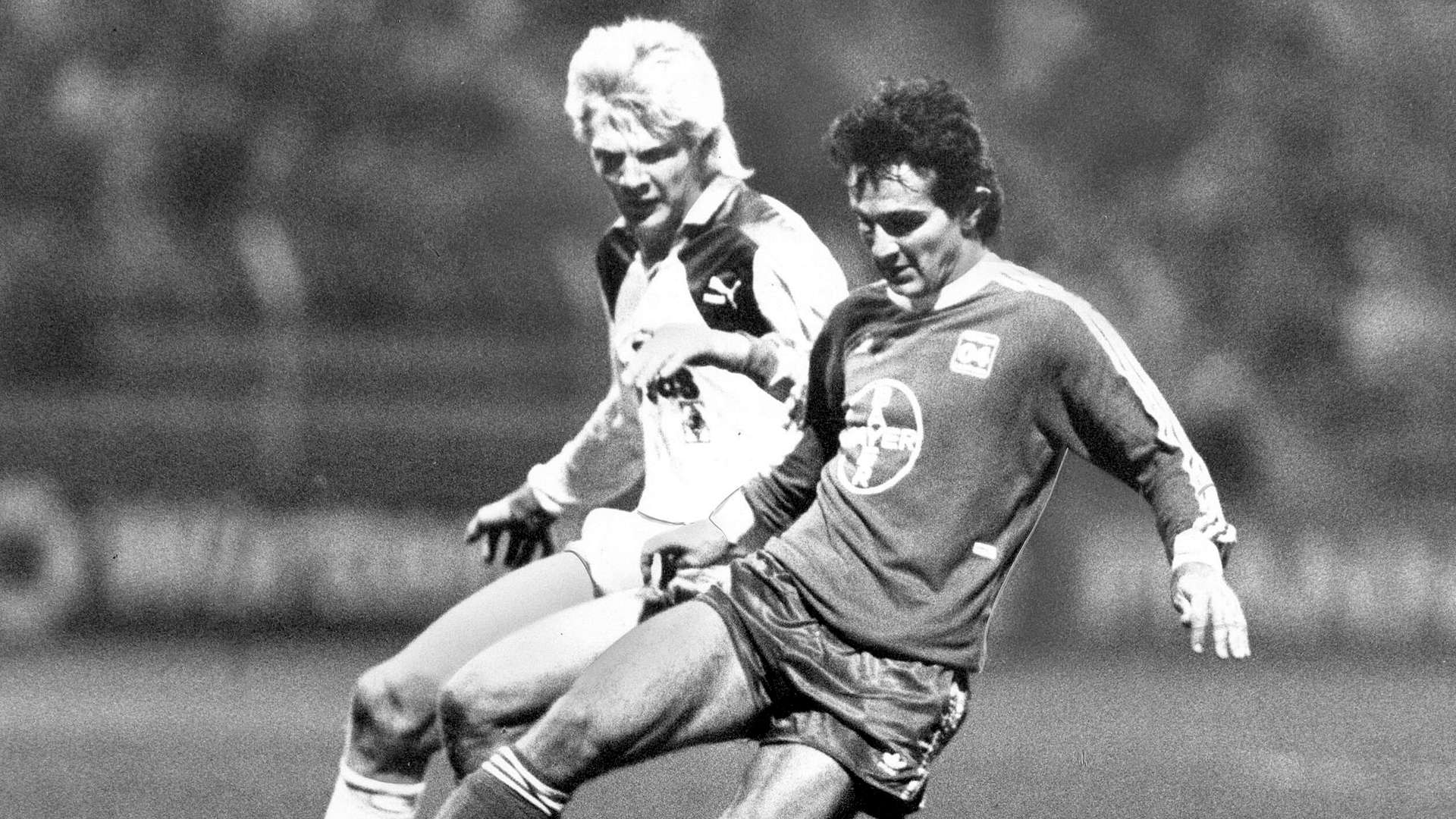

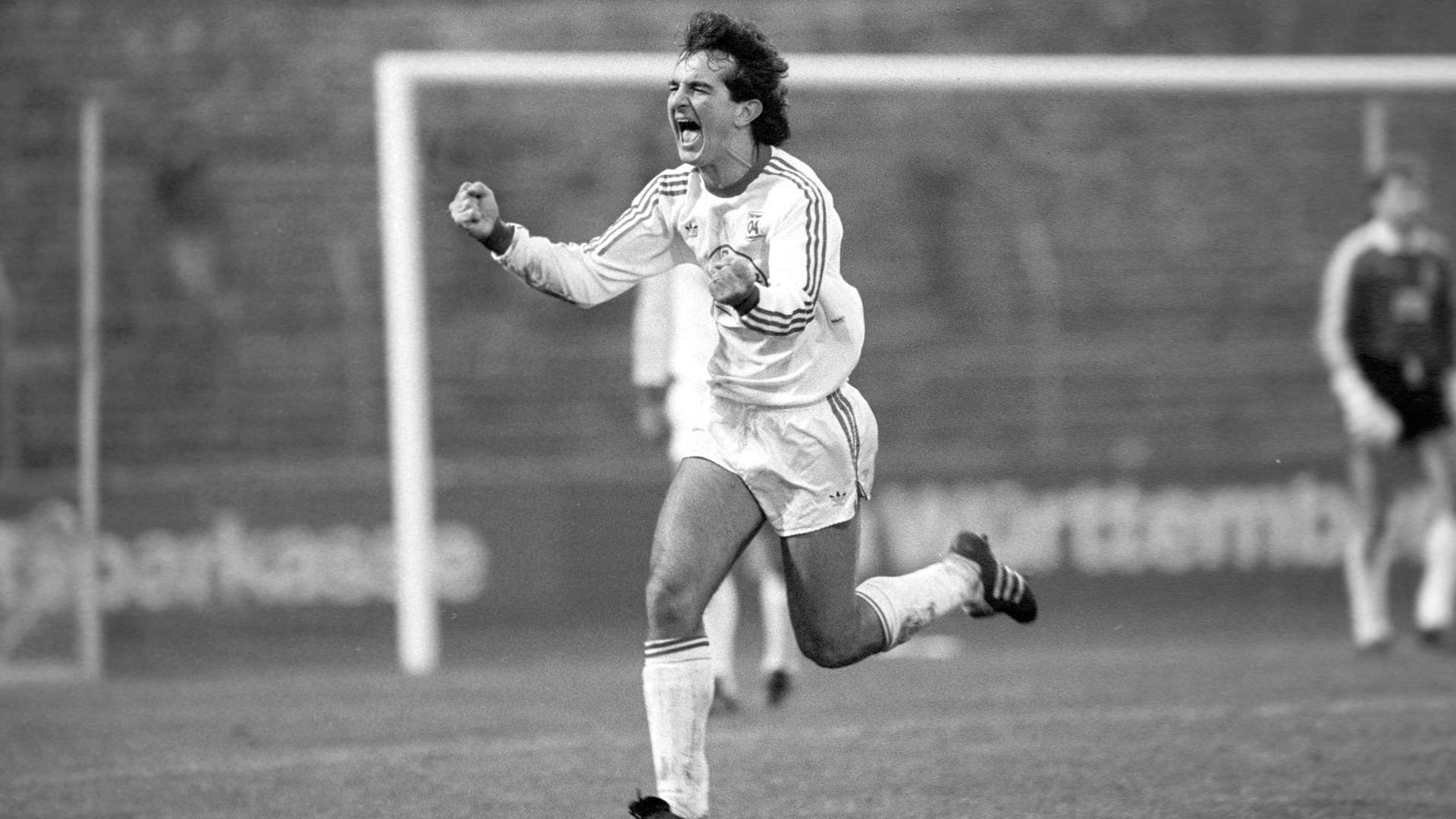
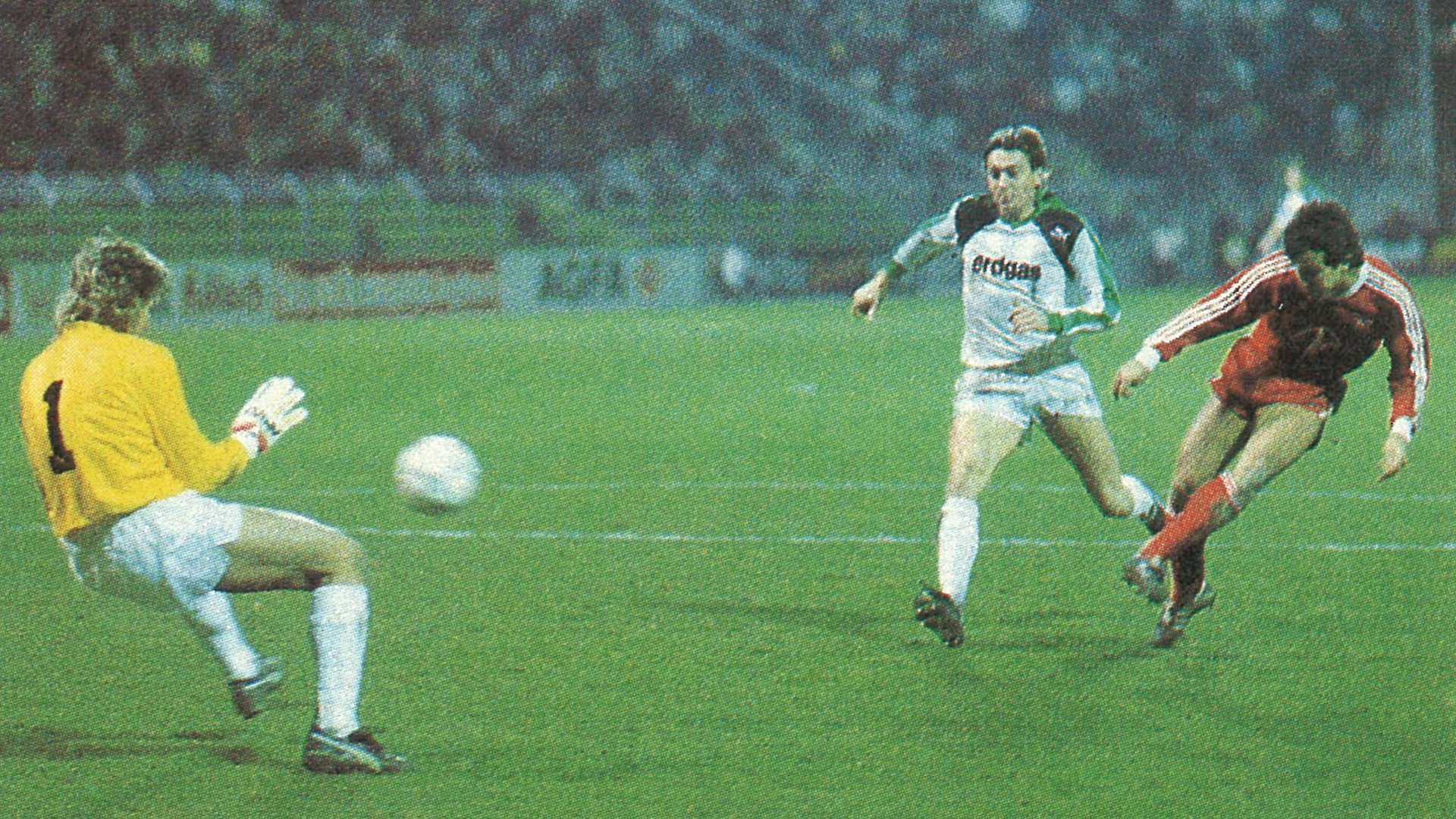
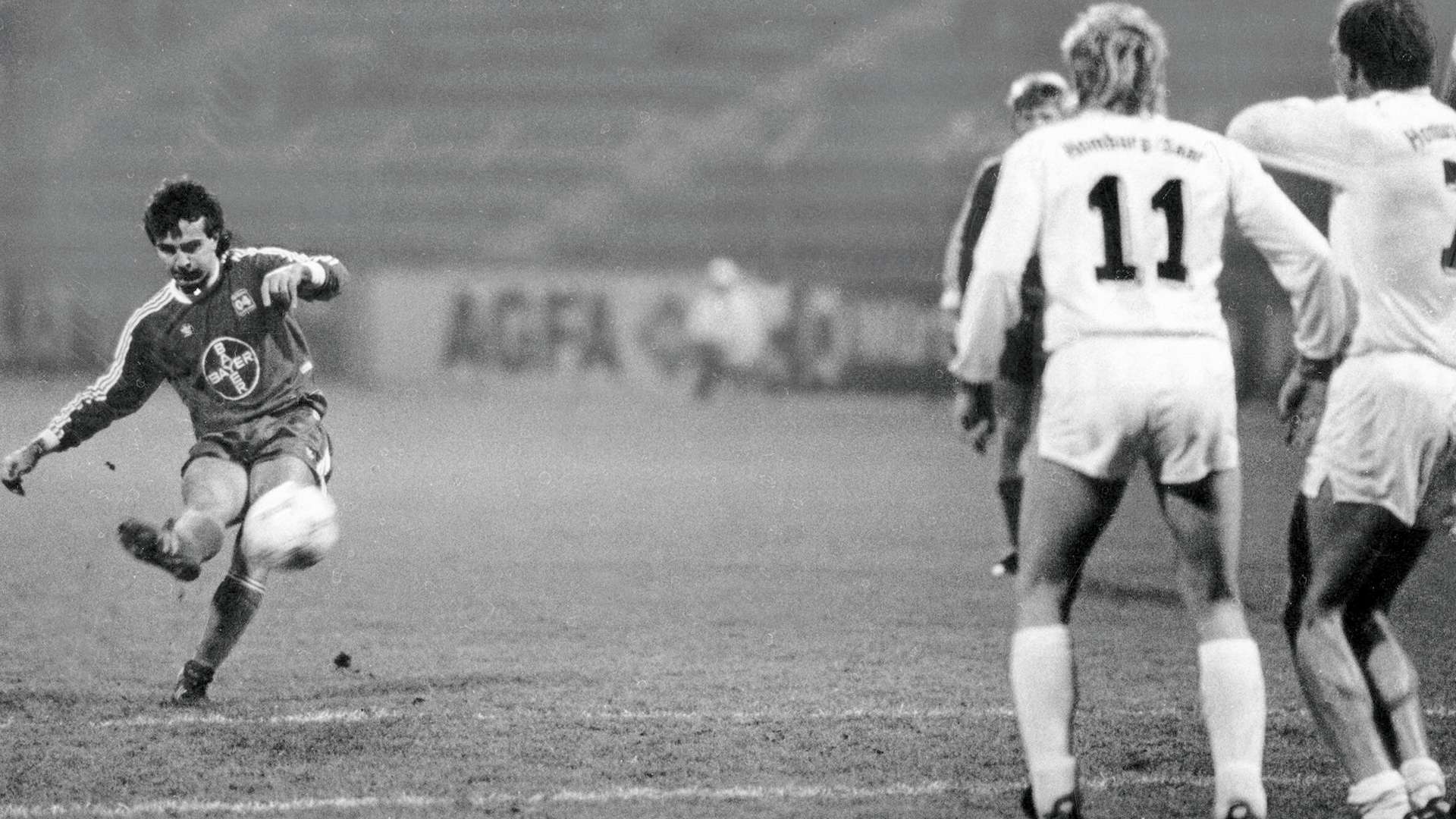
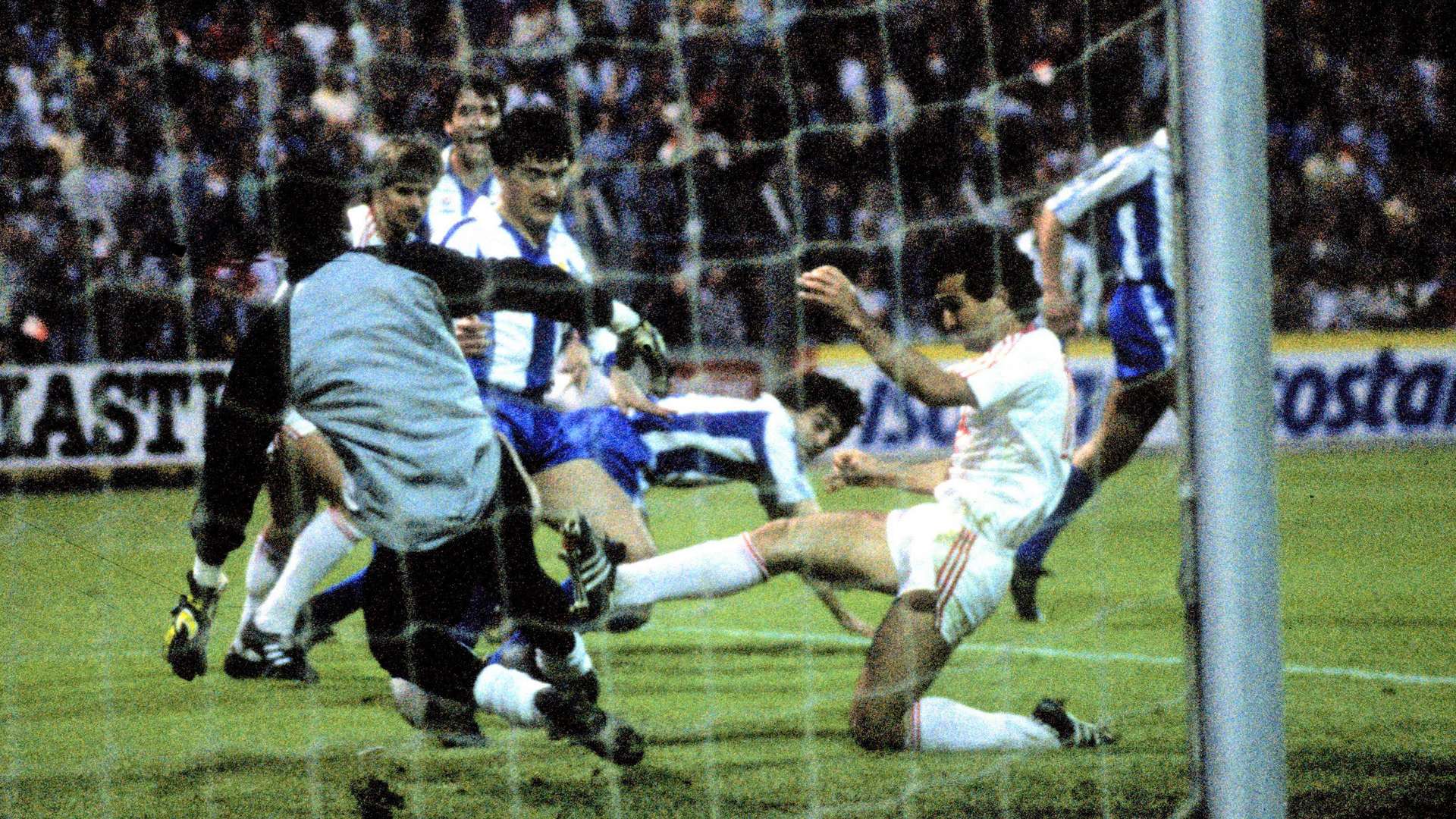
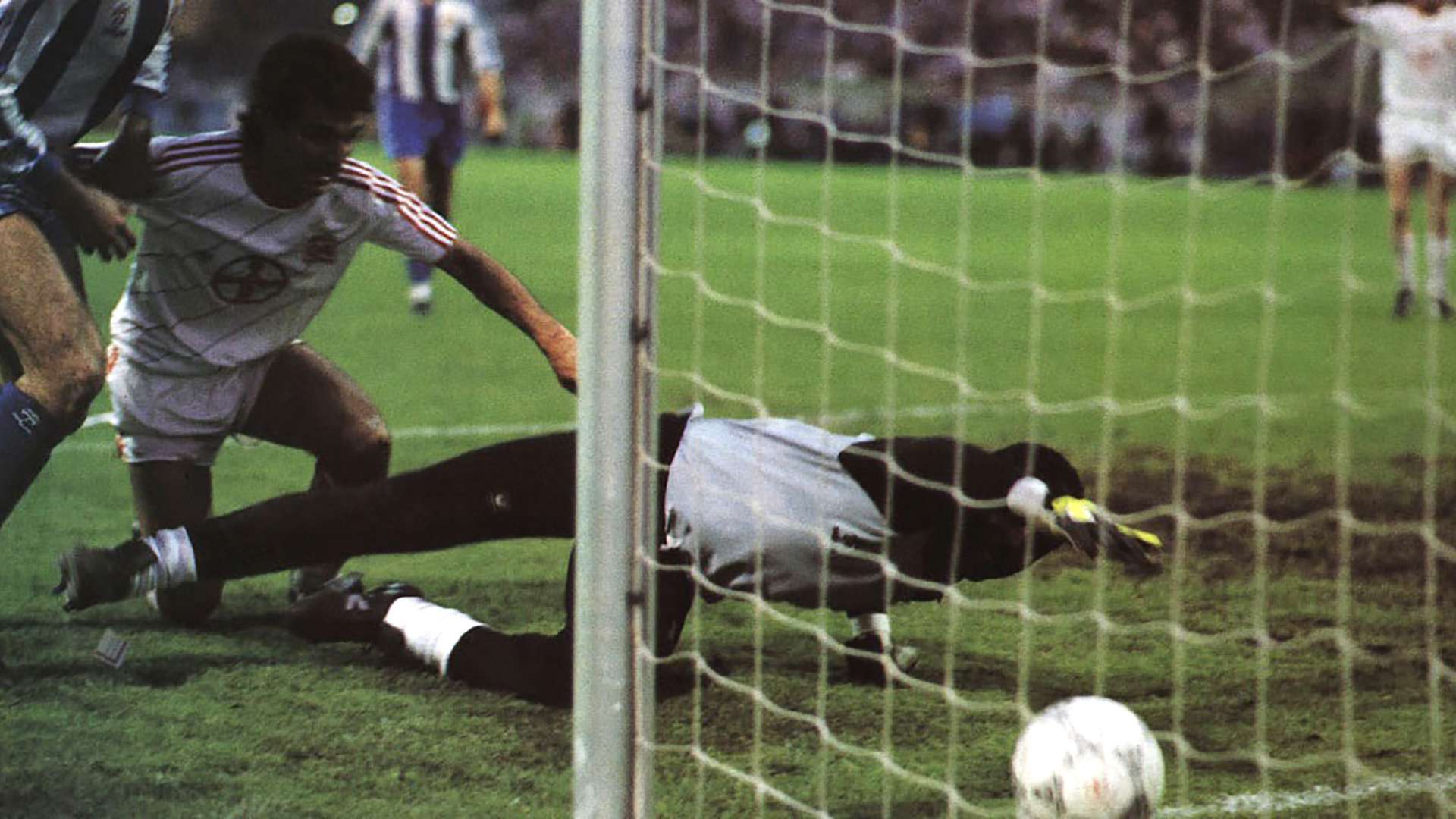
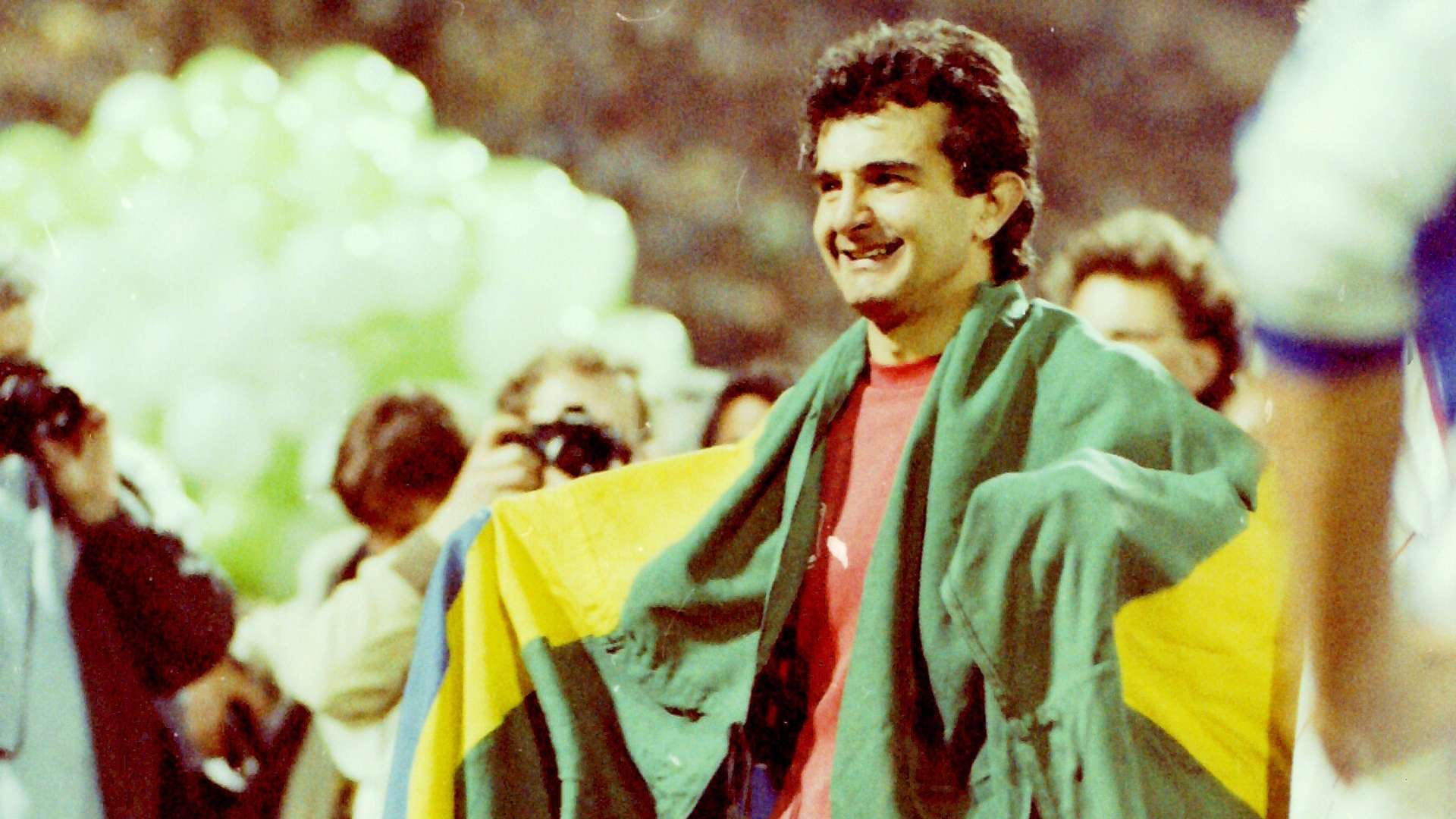
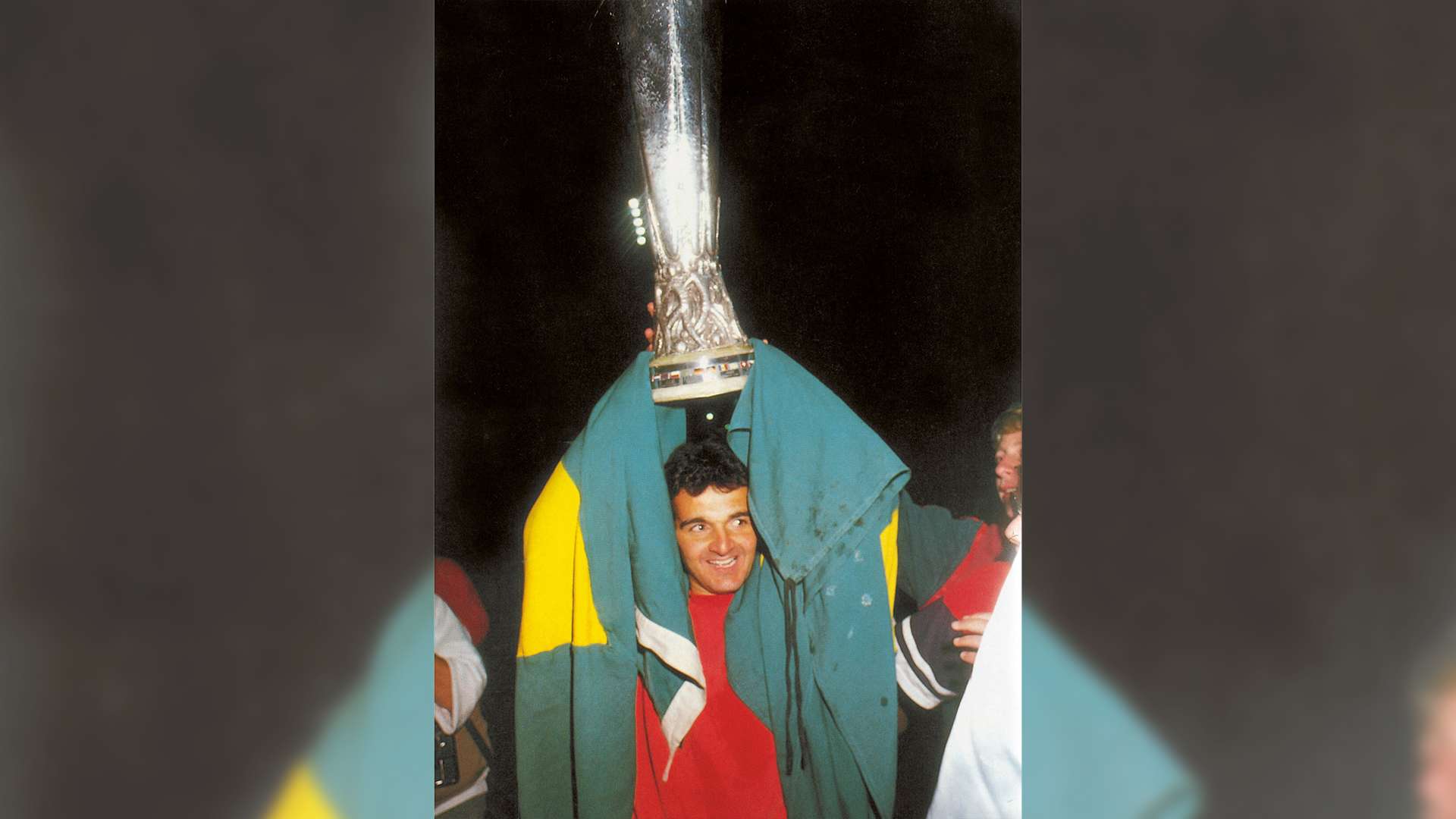
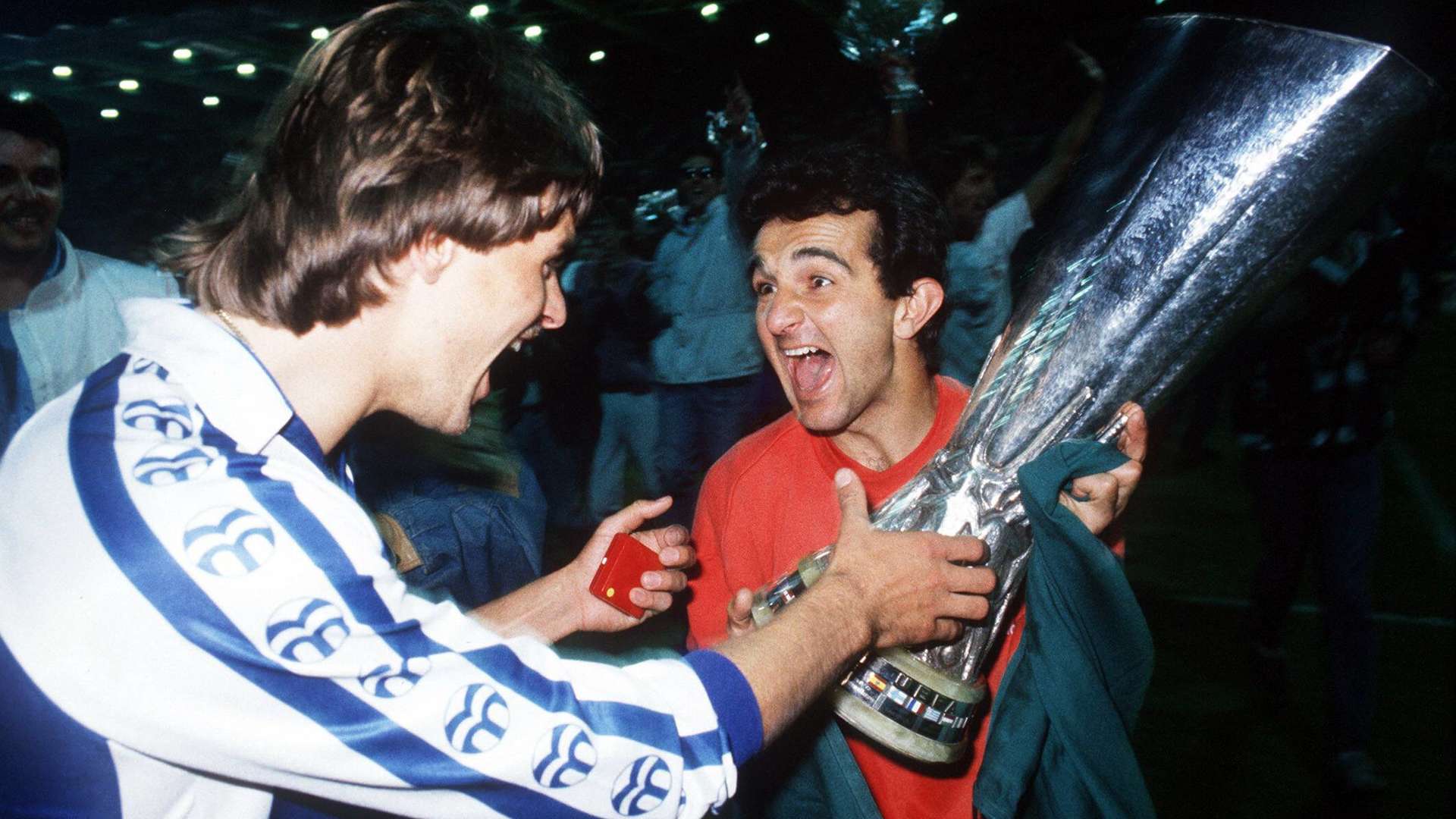
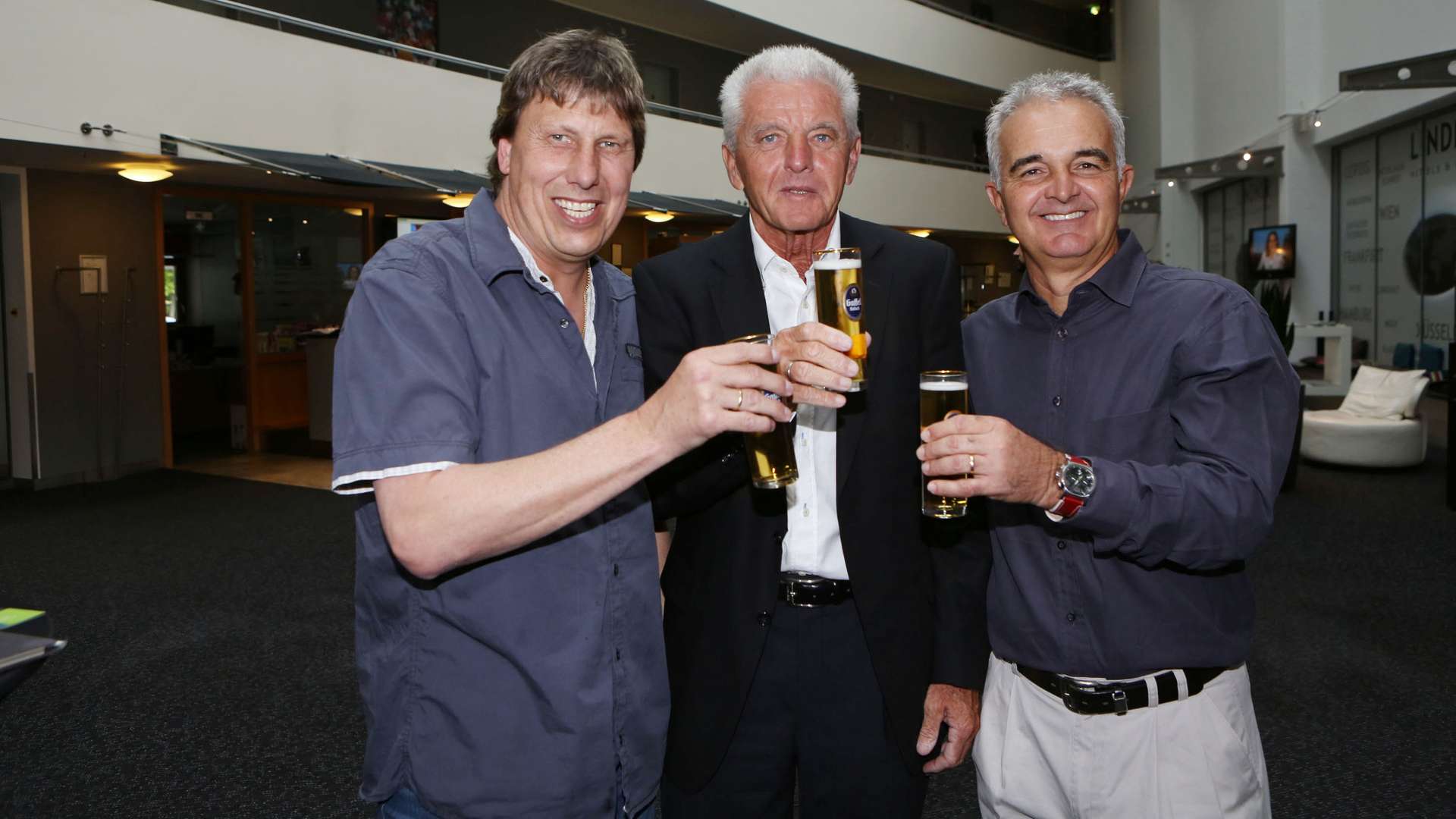
After hanging up his boots, Tita became a coach and he did that job for many years at different clubs. He was the first Brazilian player under the Bayer Cross in Leverkusen and he helped pave the way for his fellow countryman with his ability and his character.
Today, the father of five, lives with his wife Sandra in his hometown, is a keen golfer and enjoys the time with his five grandchildren.
Many happy returns on your birthday. Enjoy your life. And I end my congratulations the way you always signed autograph cards: All the best, Tita!
Related News
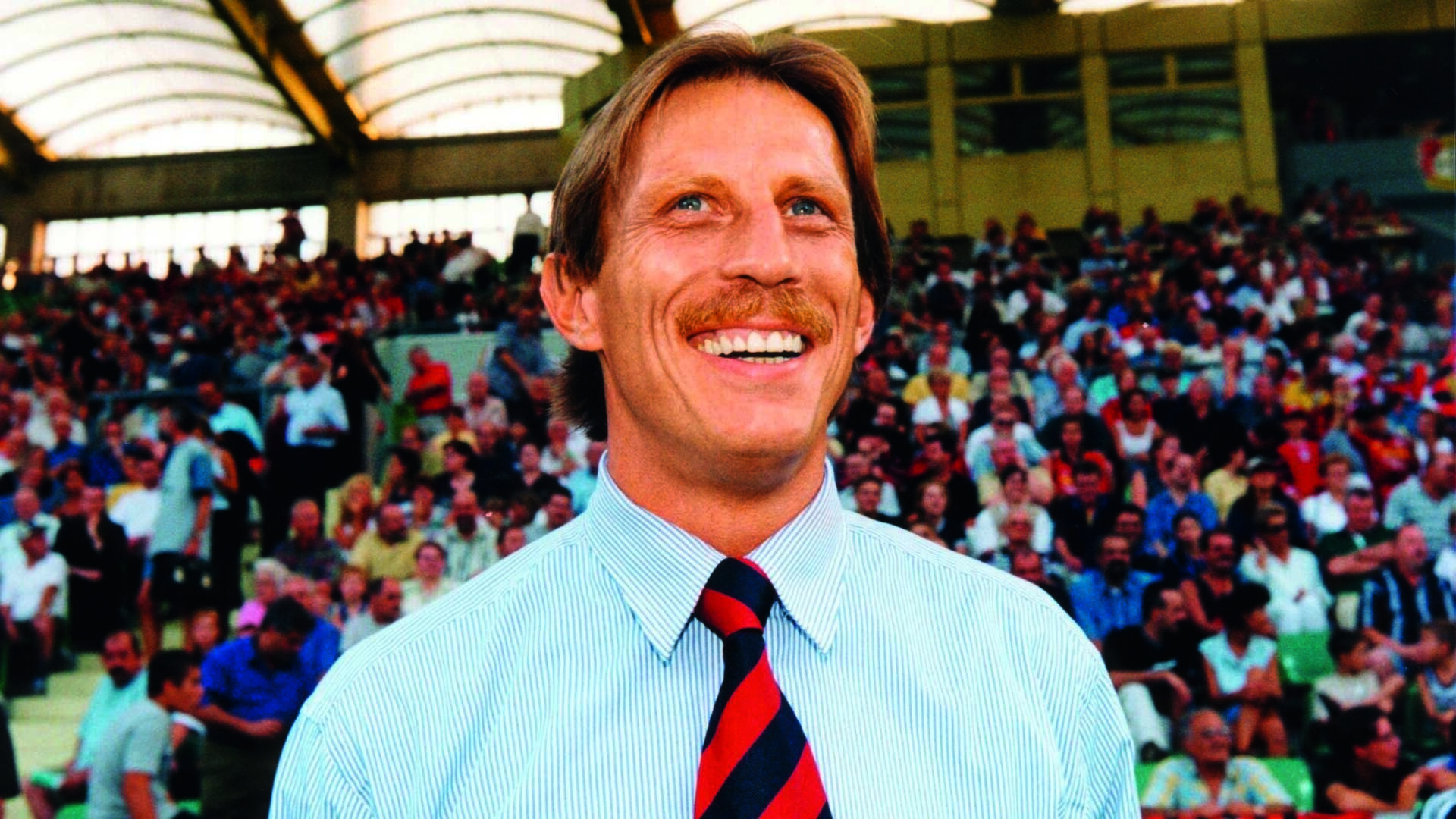
Legend: Christoph Daum - The man who taught us to want
Christoph Daum was born on 24 October 1953 in Zwickau. As a child, he moved to West Germany with his mother and grew up in Duisburg. He developed a great enthusiasm for football at an early age, even though it soon became clear that his future lay less on the pitch than on the sidelines. Even at a young age, his passion for analysing, explaining and improving things became apparent.
Show more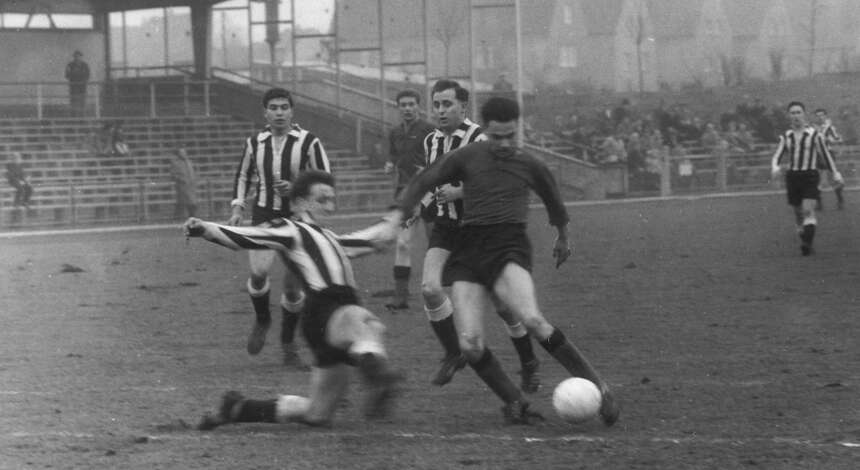
From the archives: 65 years ago - Another victory at last
When the Bayer 04 players celebrated Christmas in 1960, they spent the winter in second place in the Oberliga West 2 on 20 points - but already five points behind leaders Schwarz-Weiß Essen. However, coach Erich Garske's team are struggling to get back on track in the new year. A goalless draw against Bonner FV at home at the Ulrich Haberland Stadium was followed by a 2-1 away defeat in Erkenschwick. The following home game also yielded just one point. As a result, the team's promotion ambitions dwindled to a minimum, as the gap to the coveted spot has now grown to a challenging ten points.
Show more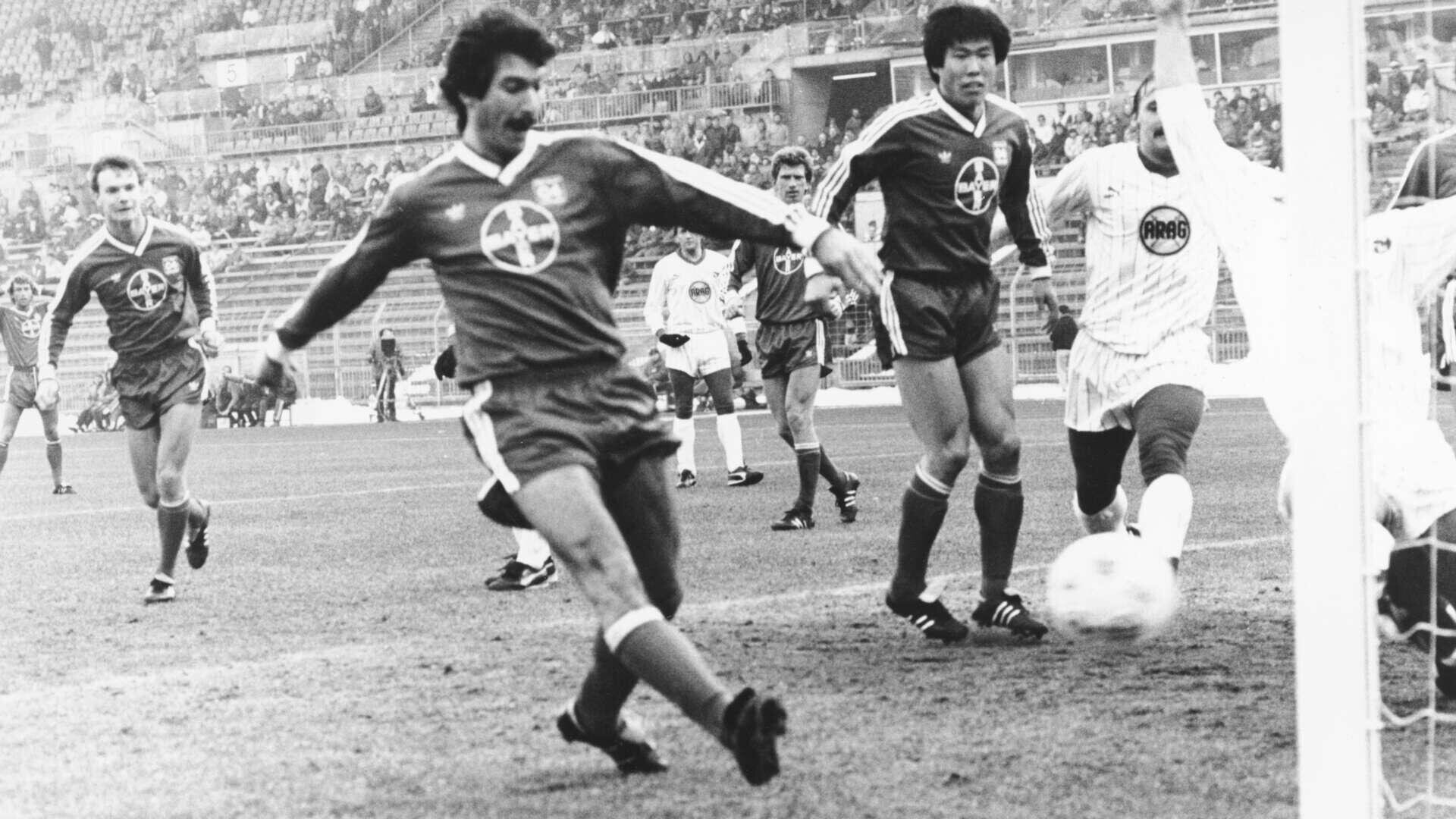
Goals of the month: From Waas to Tapsoba
In this video you can see impressive and important goals in Bayer 04 history from the month of February. It's not always about the beauty of the goals, but also a reminder of special games and players.
Show more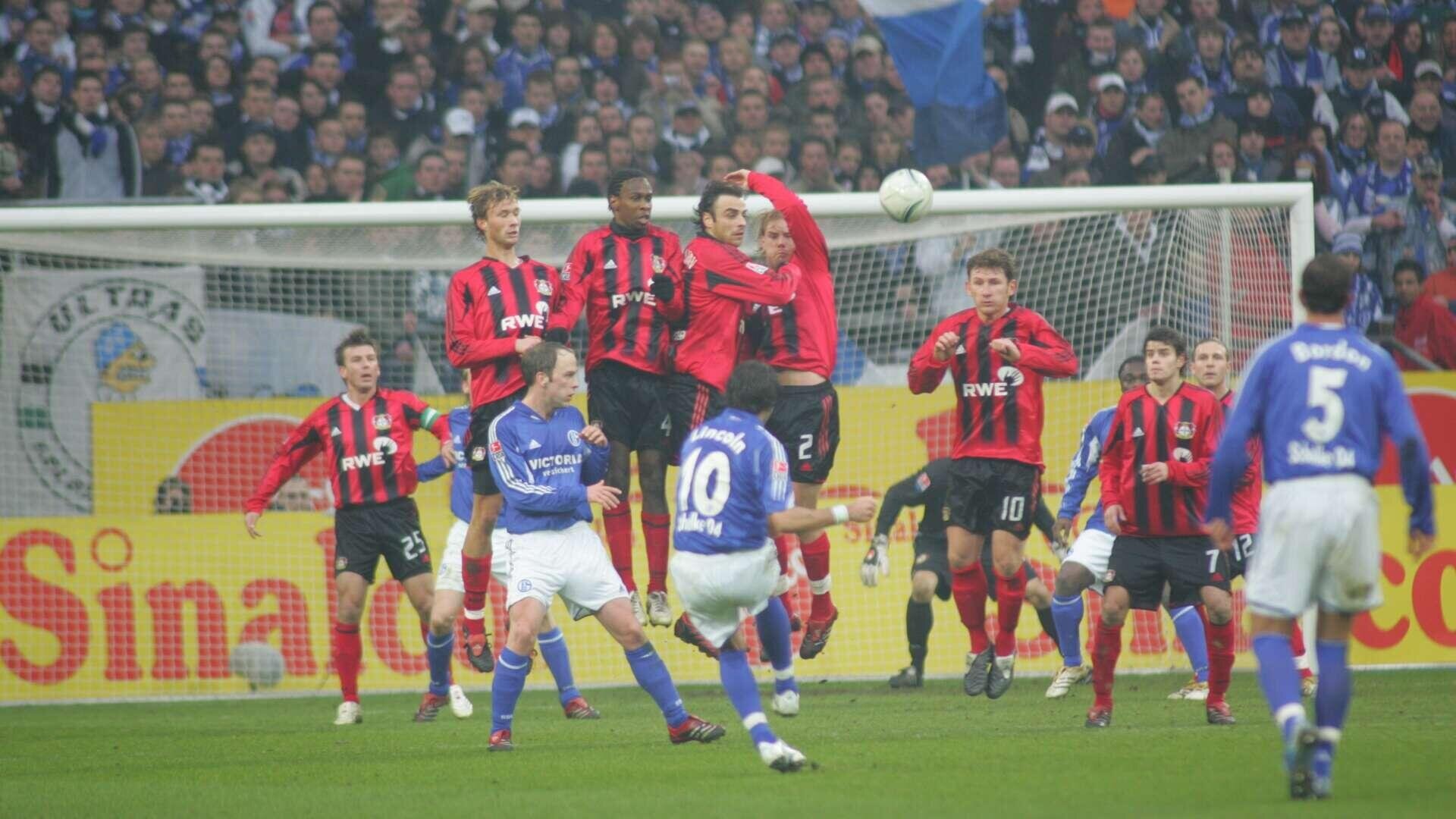
Match of the month: 20 years ago - A game of goals galore
It is 11 February 2006 and Schalke 04 and the Werkself kick off at 3.30 p.m. in a match that ends up being historic - at least from a Bayer 04 perspective.
Show more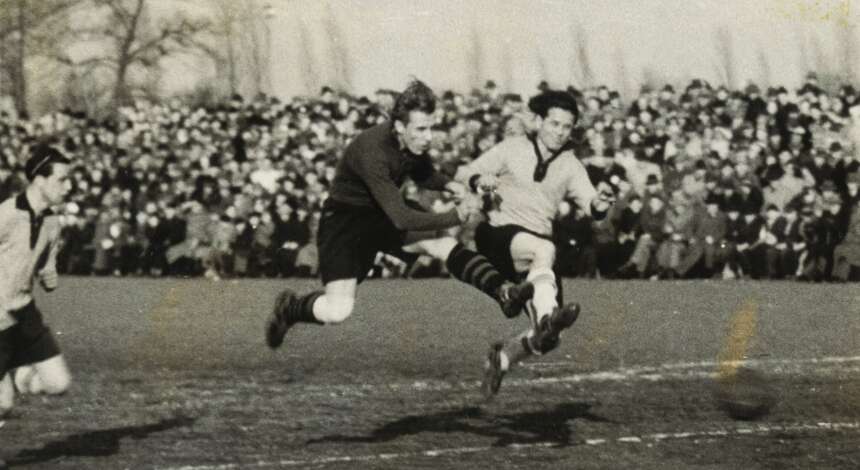
History: 75 years ago - The 1950/51 season (February)
As league leaders, the Werkself welcomed the relegation-threatened team from Rhenania Würselen. On 4 February 1951, 5,000 spectators line the touchlines despite the Sunday carnival parades. And they see a home team that is superior on the pitch. Without Theo Kirchberg, who was ill, and Emil Becks, who was suspended, the hosts attacked the opposing goal from the start. Battling against a strong wind in the first half, Bayer 04 created chance after chance, but were repeatedly thwarted by the Würselen goalkeeper. With the score at 0-0 at half-time, Karl Heinz Spikofski tried his luck on 55 minutes and hammered the ball into the opposition net from 20 metres out. Rhenania can no longer counterattack. The siege of the Würselen penalty area continued right to the end, but the game ended in a narrow 1-0 win.
Show more